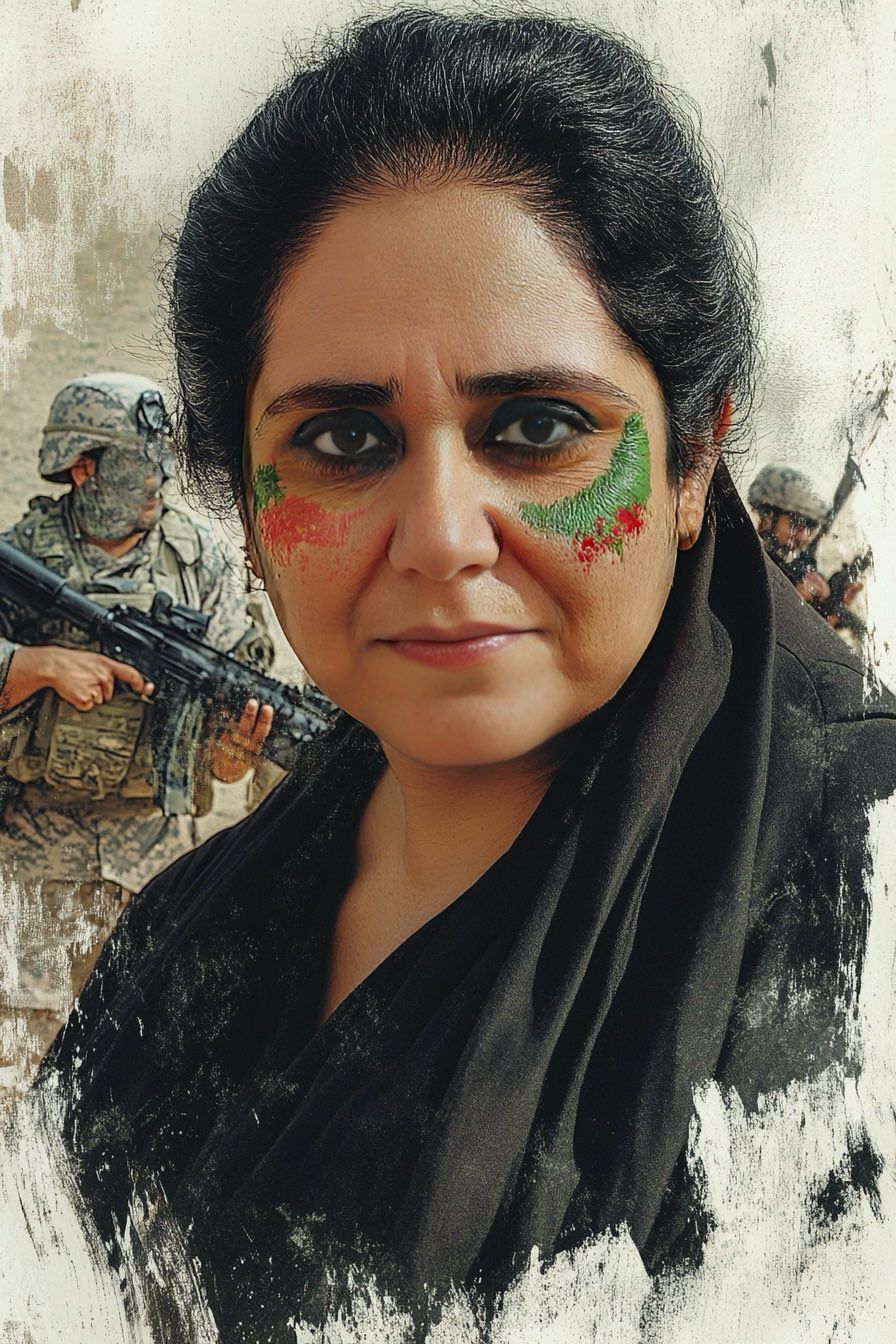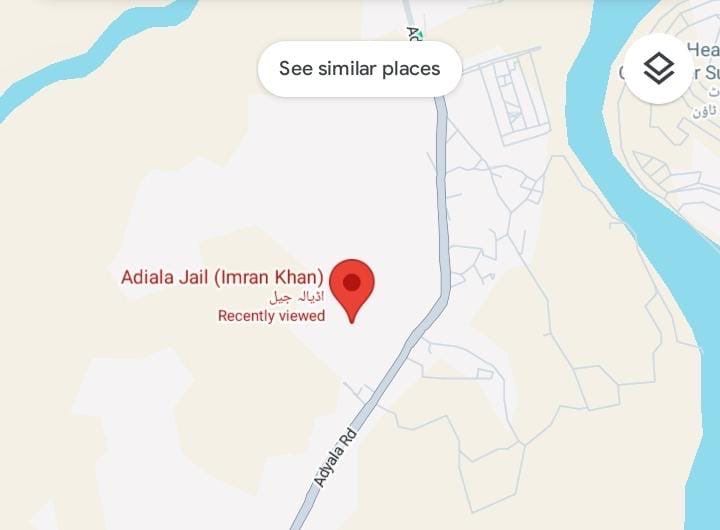In recent years, many Pakistanis have increasingly become aware of the role the military plays in various sectors of the country’s economy. As a result, a growing movement to boycott products linked to military-owned companies has gained momentum. This article explores the reasons behind this trend and highlights some of the key companies owned by Pakistan’s military.
The Rise of Boycotting Military Products
Overview of the Boycott Movement
The boycott of military products by Pakistani citizens has emerged as a response to the widespread involvement of the military in Pakistan’s economy. Over time, people have become increasingly frustrated with the influence that military-owned enterprises have on local markets. They argue that the military’s control over major industries restricts competition and deprives civilians of economic opportunities.
A growing trend on X formerly known as Twitter is on going with AI created pictures on alleged 26 November 2024 shooting at Islamabad protest by PTI party of former Prime Minister of Pakistan, Imran Khan.
https://x.com/thebilal_a/status/1866545759342227614
The push for a boycott reflects a desire for more civilian-led governance and economic freedom. Pakistanis are now more vocal in their efforts to challenge the dominance of military-run businesses, aiming to support civilian-led enterprises instead. This movement, although still in its early stages, shows the potential for significant change in Pakistan’s political and economic landscape.
Why Boycotting Military Products Matters
Lack of Accountability
One of the primary reasons why people are choosing to boycott military products is the perceived lack of accountability. Pakistan’s military-run companies are often seen as being exempt from the same regulations and scrutiny that apply to private businesses. This lack of transparency leads to concerns about corruption, inefficiency, and an unfair advantage over civilian-run enterprises.
Economic Control
The military’s extensive involvement in Pakistan’s economy is another factor contributing to the boycott. Many Pakistanis feel that the military’s control over major industries, from real estate to manufacturing, limits economic opportunities for civilians. The growing influence of military corporations is seen as detrimental to economic growth and the prosperity of ordinary people.
Support for Civilian Businesses
By boycotting military products, people aim to direct their support toward civilian-run businesses. This shift in consumer behavior is seen as a way to strengthen Pakistan’s private sector and reduce the military’s dominance over key industries. Consumers believe that a thriving civilian economy will lead to better jobs, innovation, and overall prosperity.
Military-Owned Companies in Pakistan
The Pakistani military owns and operates several companies across various industries. Some of these companies are involved in sectors like manufacturing, real estate, telecommunications, and even agriculture. Here are some of the most prominent military-owned companies in Pakistan:
1. Fauji Fertilizer Company (FFC)
Industry: Fertilizer and Chemical Manufacturing
Fauji Fertilizer Company is one of the largest fertilizer producers in Pakistan. It is part of the Fauji Group, which is owned by the Fauji Foundation, a welfare trust managed by Pakistan’s military. FFC produces a range of fertilizers, including urea, which is vital for Pakistan’s agricultural sector.
2. Pak Arab Refinery Limited (PARCO)
Industry: Oil and Gas
Pak Arab Refinery Limited is a joint venture between the Pakistani government and the military. It operates in the oil and gas sector and is one of Pakistan’s leading refineries. PARCO plays a crucial role in the country’s energy supply chain.
3. Military Commercial Enterprises (MCE)
Industry: Retail and Wholesale
Military Commercial Enterprises operates a wide range of businesses, including retail outlets, wholesale operations, and consumer goods. MCE manages several retail chains that sell various products, from food items to household goods.
4. Fauji Cement Company Limited (FCCL)
Industry: Cement Manufacturing
Fauji Cement is another prominent company owned by the Fauji Foundation. The company is a leading producer of cement in Pakistan and plays a significant role in the country’s construction and infrastructure industries.
5. National Logistics Cell (NLC)
Industry: Logistics and Transportation
The National Logistics Cell is responsible for providing transportation and logistics services in Pakistan. It operates under the Pakistani military and plays a significant role in the supply chain, both within Pakistan and internationally.
6. Askari Bank
Industry: Banking
Askari Bank is a major bank in Pakistan and is owned by the Askari Group, which is controlled by the military. The bank provides various financial services, including personal banking, corporate banking, and investment solutions.
7. Indus Motor Company (IMC)
Industry: Automobile Manufacturing
Indus Motor Company, which manufactures Toyota vehicles in Pakistan, is partly owned by the military. This company plays a key role in the automotive industry, producing a wide range of vehicles for the domestic and export markets.
8. Fauji Foods
Industry: Food Processing
Fauji Foods, a subsidiary of the Fauji Foundation, produces a variety of food products, including dairy and beverages. The company has a strong presence in the food sector and provides a wide range of consumables to Pakistani households.
9. DHA (Defence Housing Authority)
Industry: Real Estate Development
DEFCL, or the Defence Housing Authority, is a real estate developer managed by the military. It is responsible for building and managing several high-end residential and commercial projects in major cities, including Lahore, Karachi, and Islamabad.
10. Army Welfare Trust (AWT)
Industry: Manufacturing, Retail, and Construction
The Army Welfare Trust is involved in various sectors, including retail, manufacturing, and construction. It operates several businesses, providing a wide range of products and services to the military and civilian sectors.
The Impact of the Boycott Movement
Economic Shifts
The growing trend of boycotting military-owned products could lead to significant economic changes in Pakistan. By refusing to support military-run enterprises, consumers are encouraging the growth of civilian-led businesses. This could promote healthier competition, stimulate innovation, and potentially create more job opportunities in the private sector.
Political Ramifications
The movement also has political implications. It is a response to the increasing militarization of Pakistan’s economy and could be seen as a push for greater civilian control over economic and political affairs. If successful, the boycott movement could lead to stronger political activism and demands for reforms in Pakistan’s governance.
Challenges for Civilian Businesses
While the boycott is gaining momentum, civilian businesses face several challenges. Competing with well-established military-run companies, which often have access to resources, networks, and government support, is not easy. However, the rise in consumer awareness and the increasing preference for supporting civilian businesses may provide new opportunities for growth in the private sector.
Conclusion
The movement to boycott military products in Pakistan reflects growing frustration with the military’s control over the country’s economy. By boycotting these products, Pakistanis hope to foster a more competitive, transparent, and civilian-driven economic landscape. While there are many military-run companies that dominate various sectors, the growing awareness among consumers may lead to a shift in Pakistan’s political and economic environment.





